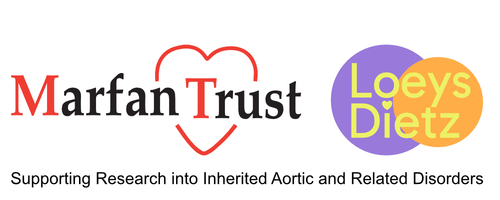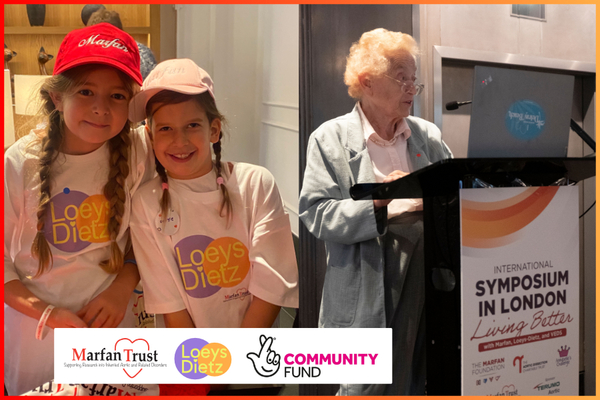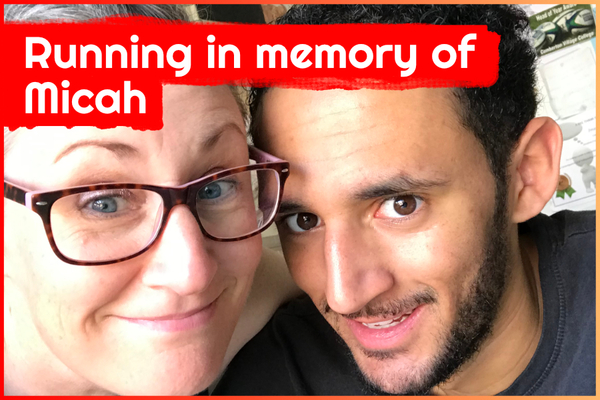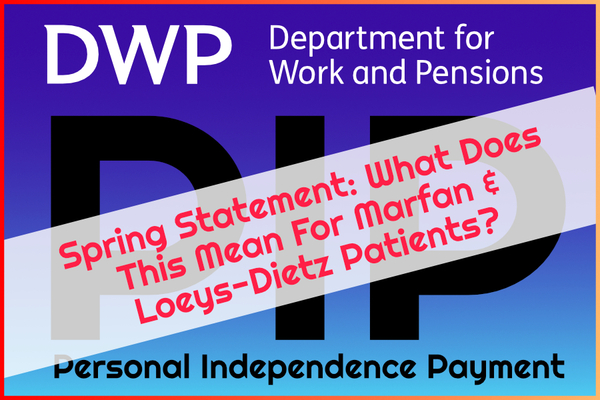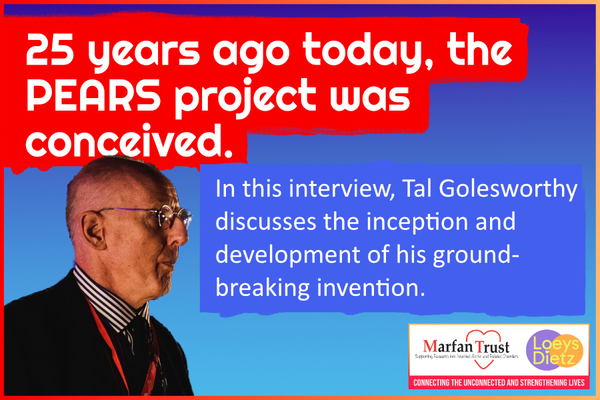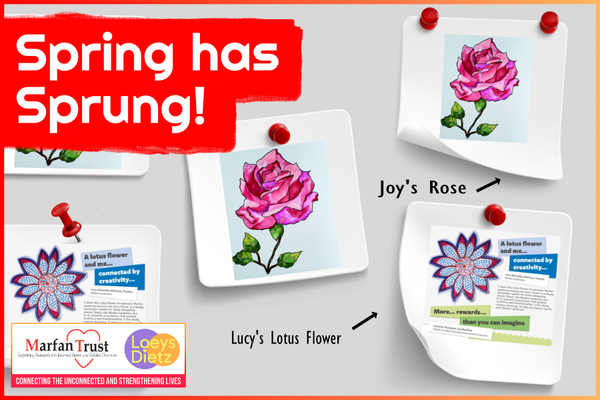On a sunny Saturday in August, 220 patients, 23 medical experts, five patient advocates and four like-minded charities assembled in Bloomsbury, London, to discuss Living Better with Marfan, Loeys-Dietz and VEDS. Without the support of organisations such as National Lottery and Basketmakers, this could never have happened. Families were able to travel from nine different countries to attend this life-enhancing event.
These are just a couple of tips we've taken from the symposium. The full report will appear in our next newsletter.
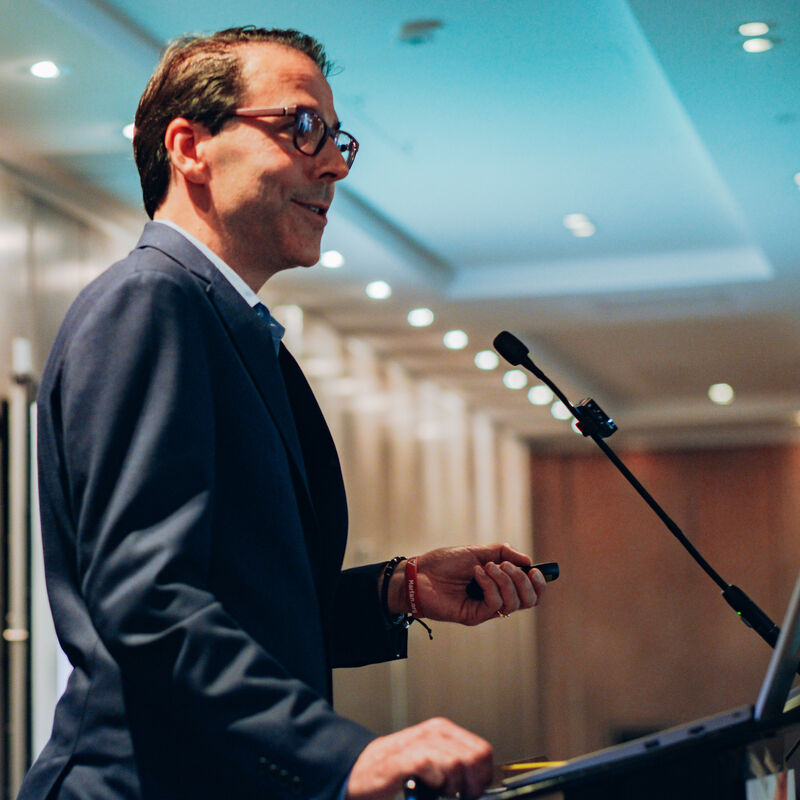
Dr Prakesh from Texas gave valuable physical activity advice including appropriate choices both pre and post aortic surgery. It is important to have a complete physical check before starting an exercise program and avoid isometric exercises where you contract muscles without moving joints. Light to moderate aerobic exercise daily, about 2 ½ hours per week total is recommended. If you take a beta blocker, heart rate may not be an accurate indicator of your exercise intensity. You should not exert yourself to the point of exhaustion; start low, go slow. A personal risk for exercise should be calculated with your doctor depending on your medical history, family history, blood pressure monitoring and echocardiogram, as well as a treadmill exercise test.
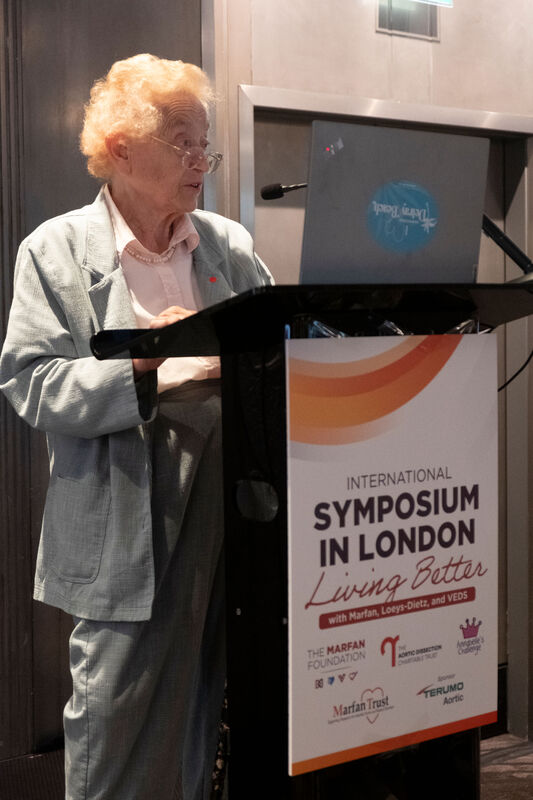
Breakout sessions included Dr Child’s presentation on ‘Aging Well with a Connective Tissue Condition’. She presented the results of a survey of 50 patients with Marfan syndrome over the age of 50. Thirty years of research means an added 30 years of life, and the average life expectancy has risen from 32 years to 68 years. Medical and surgical care have improved. Surgery in later life might include hernia repair, varicose veins, joint surgery. Easy fatigability is an increasing problem. Specialist travel insurance may be necessary. Fitness should be maintained with gentle, regular exercise. Patients should not smoke. Be the best person you can be, and a model to the family.
